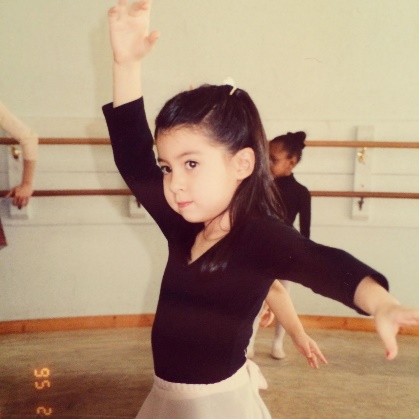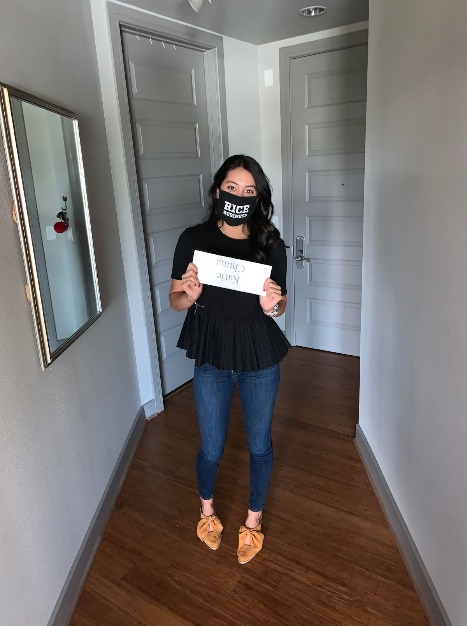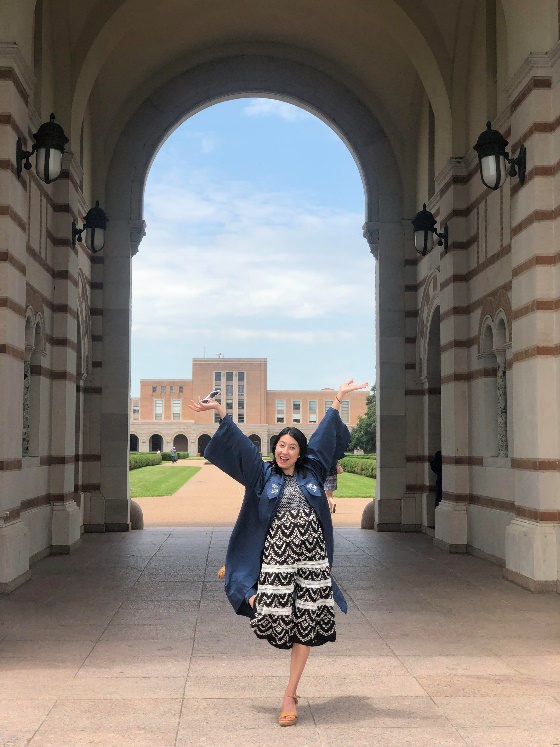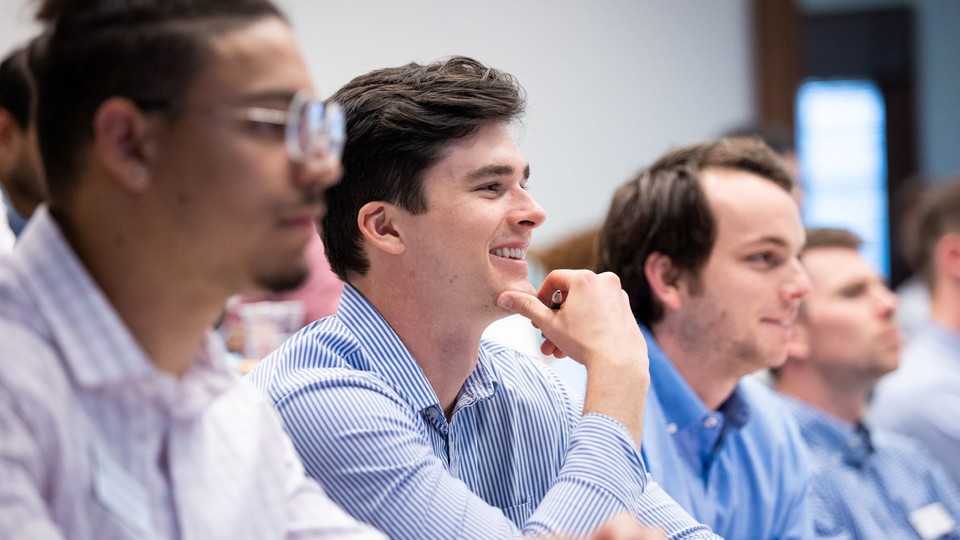
Breaking the "Non-Traditional" Label

This blog post was originally featured in Poets & Quants.
Non-Traditional: New and different from an established norm, custom or method.
Sounds like an advantage. But why did I feel this label – Non-Traditional MBA student – held me back?
Let’s back up. Three years ago – and it’s crazy how much the world has changed since then – I was beginning the recruiting process for business school. I was a woman with a BFA who had danced her way through New York City. I was also a woman ready to be challenged in a different way. With my degree, there wasn’t a clear transitional path to another career. I couldn’t see where I could go. And honestly, not a lot of hiring managers could either.
I knew I could learn quickly, work really hard, and eventually excel in whatever was put in front of me. But it quickly became clear: without more formal education in business, I would likely be spending my entire day proving myself to my team. I knew I needed more education and a bit of credibility. So, I went for an MBA.

Going into the recruiting process, I already knew I was different from most other applicants. I am a woman. I am half-Asian. I am a performing artist who took one Econ class in undergrad. I was taking a risk. Even though I knew I had had a track record of doing what I set out to do, I found myself asking others to take a risk on me. In so many conversations, I heard these exact same sentences: "You will bring such out-of-the-box ideas to the table," or "You would think it's the finance people who go so far but it's always the artists who surprise everyone." Before I even began my education, slight justifications were already being made for my differences, as if I had to be the exception to the rule to succeed. From day one of recruiting, there was a little crutch being built underneath me.
I was inspired to think about this subject after reading a recent quote from Elon Musk. Many of you may know the quote, but here’s a recap if you don’t. Elon said: “I think there might be too many MBAs running companies.” My first thought was, YES! We are future leaders of business. But then I thought about it a little deeper. What does he mean? The article goes on to talk about how Elon wants more business leaders out of the board room and on the factory floors. It made me think about the MBA I was receiving. What was I getting from my education?
Interested in Rice Business?
I can’t speak to what an MBA used to be. As a recent graduate, I can attest to the well-rounded education I received. I learned about the importance and necessity of customer engagement. I was trained how to think like an entrepreneur and the steps that go into acquiring a business. I was immersed in the history of ESG, and how companies are positively and actively moving forward in our ever-changing world. I also learned the importance of a balance sheet, how to calculate WACC (although that was almost two years ago), and the history of major financial crises. As someone who stepped into the MBA program knowing that my path was going to look a little different than the norm, I left with an education that will equip me with the tools I need – no matter the direction of my future endeavors.

Most importantly – and I can only speak for myself here – I learned not only from the professors but I learned from my classmates. I learned from my finance-focused classmates, veteran classmates, and artist classmates alike. I drilled in some hard skills (shoutout to my classmates who tutored during core finals)! I also practiced soft skills. And I didn’t categorize my classmates into traditional and non-traditional boxes, either.
One of the biggest lessons I learned was from my core teammate, Yiming. He was an engineer before b-school. Yiming taught me the importance of asking questions. It can be hard in a room full of really smart people to stick your neck out and ask your question – especially if it’s a subject that is new to you. But Yiming was never afraid to ask and keep asking. He was not afraid to speak up or go back a step, to really understand what was being taught. As my core teammate, this quality kept our team on our toes. I learned so much from his questions and sometimes I was even able to answer one – which helped my learning even more!
Once we got into the classroom the professors didn’t divide us up either. They didn’t know our backgrounds and they did not have our resumes. We all entered on a level playing field. Our tough finance professor showed no mercy to those who didn’t have finance backgrounds. He just expected us to study harder. We took all the same tests and did the same case write-ups – some of us just had to study a couple dozen hours longer. From my class alone, we have future tech leaders, future people officers, finance wizards, and clean energy experts all with ‘non-traditional’ backgrounds.
So, who is this “non-traditional” label for? In the classroom, we were all students – students taking time to grow and learn. Outside of the classroom, I was still constantly defending my background. In interviews, coffee chats, and conversations with alumni, I found myself defending my diverse background. But, why?
Just look at some MBA class profile statistics for insight into what’s really going on. 44% of Stanford’s Class of 2022 have undergraduate degrees from Humanities and Social Sciences. Kenan-Flagler’s Class has 57% non-business background in its class. At Rice, roughly 40% of my graduating class came from non-business backgrounds.

In other words, being a non-traditional student is the norm in business school, not the exception.
So here is my ask in 2021 and beyond: Let’s drop the labels. We are all business students, period. We all bring unique experiences and stories to the table. The ‘non-traditional’ label only says, ‘You did great…for a performer or a non-business person.’ In reality, it says the same thing as everyone else: ‘You worked really hard and succeeded because of the work, time, and commitment you put in.’ As classes continue to diversify and more people are introduced to the business world, let’s welcome them. Let’s welcome our newcomers with open arms and simply start by learning about who they are and what inspired them to come to the table. Let’s show the MBA naysayers like Elon Musk what an MBA truly is.
For me, the MBA helped me look at the world in a new way: an eyes-wide-open, 360-degree, open-minded view. It’s with this view that we will grow with our teams, innovate, continue to learn, and become the leaders of the future.
_________________________________________________________________________________
If you're considering an MBA, but are worried about fitting into the traditional mold, we invite you to explore our inclusive programs. From admission to graduation, non-traditional MBA students at Rice are provided with the tools and opportunities necessary to succeed. Begin your journey by requesting more information today.


